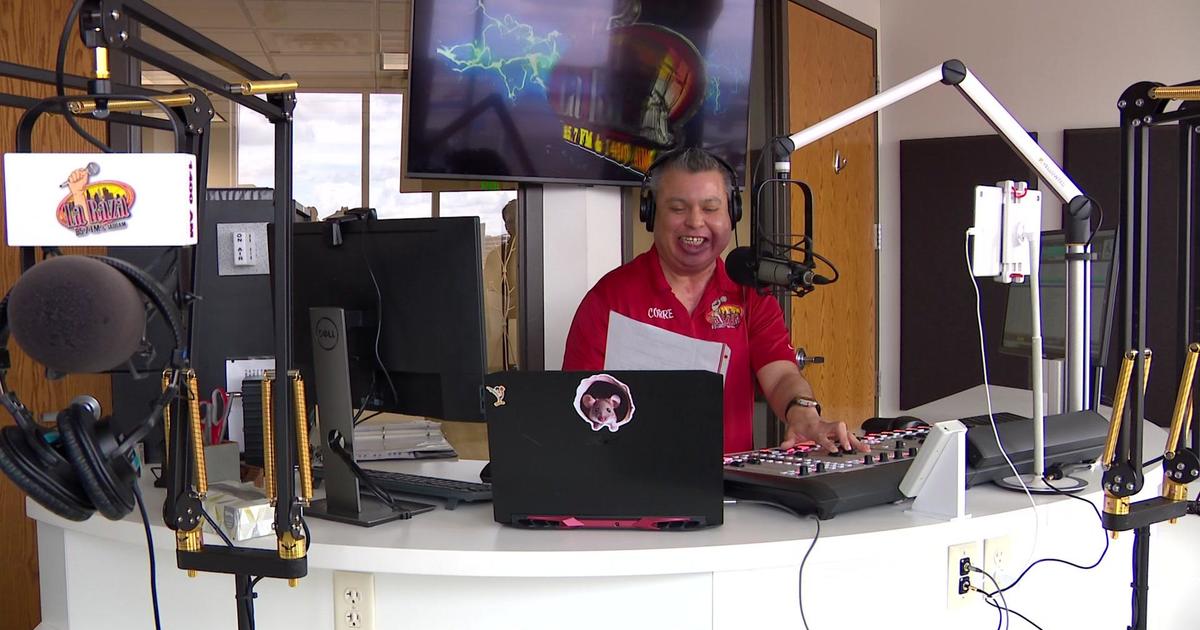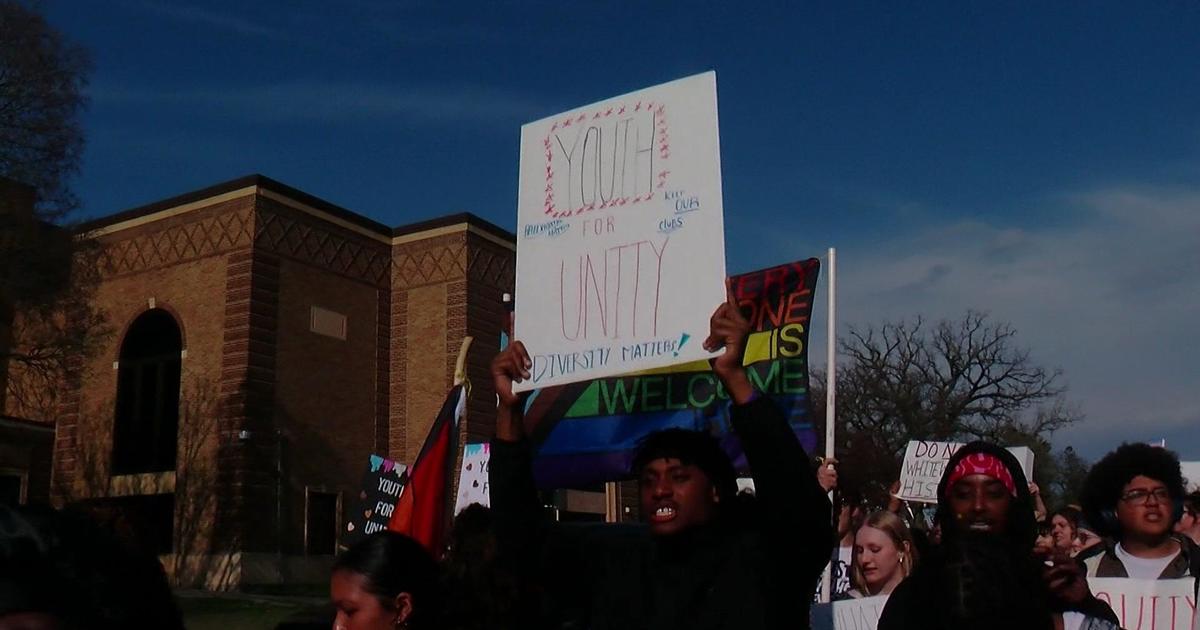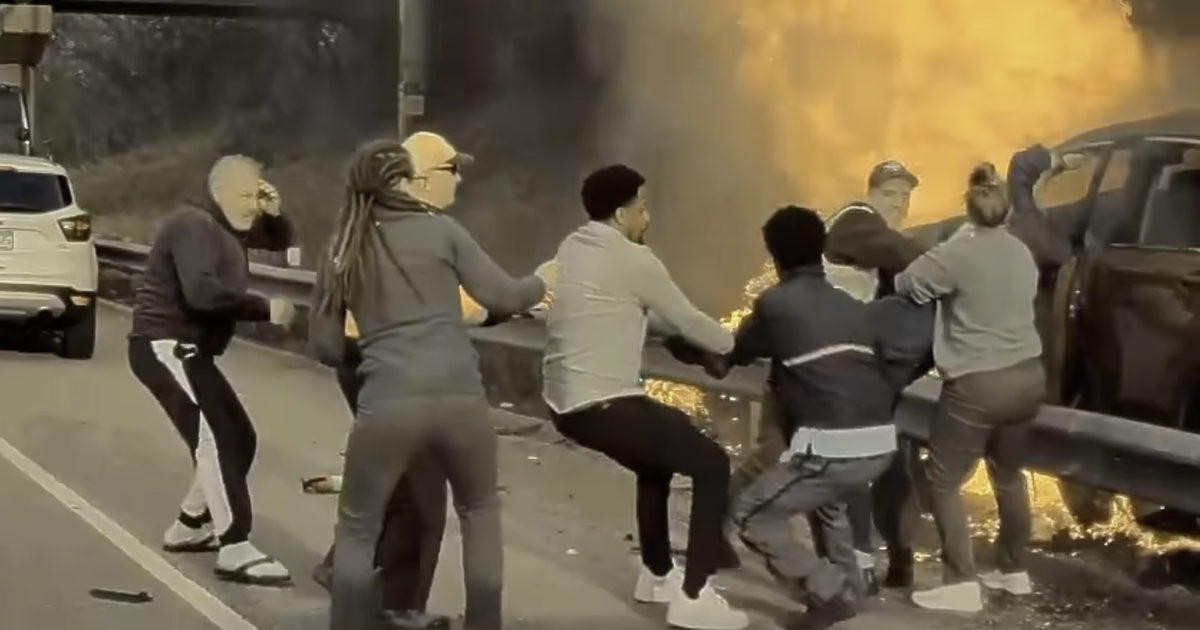Medical Marijuana Penalties Are Mostly Mellow
ST. PAUL, Minn. (AP) — For Patrick McClellan, here's what mitochondrial myopathy can feel like: muscle spasms that won't stop, spreading through half his body and bursting blood vessels with their force. And being attacked by a swarm of invisible bees, their stingers piercing every uncovered spot of skin.
"But one puff from my marijuana vaporizer and it goes away — 100 percent of the time," McClellan said.
McClellan, 47, a former chef from Burnsville, is among Minnesota residents who cope with unrelenting pain by using marijuana. With legalized medical marijuana doubtful this session, some have reacted angrily at what they say was a suggestion from Gov. Mark Dayton that they simply buy it illegally.
Some won't, for fear of breaking the law. But many likely will because they see it as the only way to get relief and because the prospect of punishment is small.
The most recent state data show that prosecutors charged fewer than 9,100 people in each of the five years from 2009 through 2013 with the petty misdemeanor of having or selling 1.5 ounces or fewer of marijuana. It's not clear how many of those people were using marijuana for medical reasons, because state agencies don't track it.
For people who are caught, the state penalty is mandatory participation in a drug education program. (Federal penalties are stiffer, but authorities routinely defer to state laws.) In a conference call with reporters earlier this month, Dayton dismissively described it as "a traffic ticket."
The governor quickly scrambled to say that he doesn't advocate breaking the law. But he found himself on the defensive again this past week after the mother of a 2-year-old boy with intractable epilepsy said Dayton, in a meeting with activists, had suggested she buy marijuana on Minnesota streets. She said Dayton also told her she could buy pot in a state where it's legal and bring it back home. Transporting marijuana across state lines is a federal crime.
"I told the governor that was unacceptable," said Jessica Hauser, 36, of Woodbury, who has another son who is 5. "I shouldn't have to become a criminal to help my son. I could lose both my children." Another activist at the meeting, Heather Azzi, backed Hauser's account.
On Friday, Dayton denied recommending anyone buy marijuana illegally.
The episode with Hauser was part of a larger falling out between advocates and Dayton over what they see as his lack of help on the issue.
Dayton said he has met with adults and children who find relief from serious disease in marijuana, and has been "deeply moved by their anguish." He said he still has concerns about medical marijuana, but urged legislators and advocates to work together on a compromise that can pass this year
McClellan, the former chef, said the risks of using medical marijuana outside the law go beyond possible criminal charges. People with jobs that require drug tests could be fired. Those in professions that demand certifications -- doctors and nurses, for example -- could lose their licenses.
People with a marijuana conviction may also be disqualified from receiving welfare benefits or obtaining a student loan, said Kurtis Hanna, a board member of the Minneapolis-based Minnesota affiliate of the National Organization for the Reform of Marijuana Laws, a nonprofit group that seeks to legalize cannabis.
"(The governor) simply doesn't seem to understand what the reality is on the ground for people that don't have financial and/or job security," he said in an email.
Hanna said many people who might buy marijuana illegally for pain relief won't do so because they care about the rule of law. He said that Dayton could simply direct state and county prosecutors not to charge people who can show a legitimate need for medical marijuana, or caregivers to a person who needs it.
"This is the first I have heard of the suggestion," the governor said Friday. "I would need more information."
Twenty states and the District of Columbia have legalized medical marijuana, according to the Denver-based National Conference of State Legislatures. Maryland has a research-only medical-marijuana program.
As for Minnesota, Dayton last week cast doubt on chances for a $2.2 million medical-marijuana research project that he had offered only days before. The governor said chances of it being approved this session were small after it was greeted with little enthusiasm by advocates, who said more immediate help was needed.
The ups and downs of the past two weeks have been disheartening for Jenny Hiltner, a 29-year-old mother from St. Cloud. Her daughter, Amaya, 7, suffers from intractable epilepsy. She was among parents at a Wednesday news conference at the Capitol advocating for legalized medical marijuana.
Despite four medications used to treat Amaya, her seizures are getting worse. Hiltner has not yet treated her daughter using marijuana, but her anxiety is rising.
"We're running out of options," Hiltner said. "I'm just trying to look out for her best interests in the future."
(© Copyright 2014 The Associated Press. All Rights Reserved. This material may not be published, broadcast, rewritten or redistributed.)



